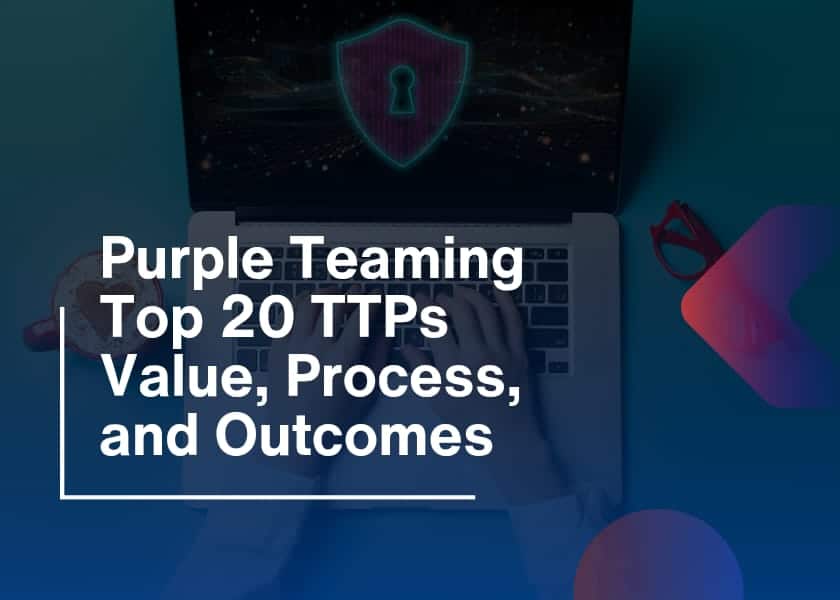In the ever-evolving landscape of cybersecurity, staying ahead of the curve is crucial. As technology advances, so do the threats that can compromise sensitive data and disrupt operations. Two terms that often find themselves in discussions within the cybersecurity realm are MCP and MSSP. While they may sound similar, they represent distinct components of a robust cybersecurity strategy. In this blog post, we’ll unravel the mystery behind MCP and MSSP, exploring their definitions, roles, and the critical differences that set them apart.
MCP – Managed Cybersecurity Provider
Let’s start by breaking down the acronym MCP. MCP stands for Managed Cybersecurity Provider, and its primary focus is on providing outsourced cybersecurity services to organizations. The core idea behind an MCP is to alleviate the burden of managing cybersecurity measures in-house. Small to medium-sized enterprises (SMEs), in particular, often opt for MCPs to leverage specialized expertise without the need for a dedicated, in-house cybersecurity team.
An MCP typically offers a range of services, including but not limited to:
1. Firewall Management: MCPs manage and maintain firewalls, which act as the first line of defense against unauthorized access to a network.
2. Antivirus and Antimalware Solutions: Constantly updating and monitoring antivirus and antimalware solutions to detect and eliminate potential threats.
3. Intrusion Detection and Prevention Systems (IDPS): Implementing systems that actively monitor network and/or system activities for malicious activities or security policy violations.
4. Incident Response: Developing and implementing strategies to respond to and mitigate security incidents promptly.
5. Security Audits and Assessments: Conduct regular assessments to identify vulnerabilities and assess the overall cybersecurity posture of an organization.
The primary advantage of partnering with an MCP is that organizations can tap into specialized knowledge and experience, reducing the risks associated with cyber threats. This is especially beneficial for businesses that may lack the resources to maintain an in-house cybersecurity team.
MSSP – Managed Security Service Provider
Now, let’s turn our attention to MSSP, which stands for Managed Security Service Provider. While the acronyms are closely related, MSSP encompasses a broader spectrum of services compared to MCP. An MSSP not only manages cybersecurity measures but also offers comprehensive security services to safeguard an organization’s digital assets.
Key services provided by MSSPs include:
1. Threat Intelligence and Analysis: MSSPs gather and analyze data to proactively identify potential threats, helping organizations stay ahead of emerging cyber threats.
2. Security Information and Event Management (SIEM): Implementing SIEM solutions to centralize and analyze security event data in real-time.
3. Advanced Persistent Threat (APT) Protection: Specialized services to detect and respond to sophisticated, long-term cyber threats.
4. Security Consultancy: Offering strategic advice and guidance to help organizations develop and enhance their cybersecurity posture.
5. Compliance Management: Ensuring that an organization’s cybersecurity measures align with industry-specific regulations and standards.
The key differentiator between MCP and MSSP lies in the comprehensiveness of services. MSSPs go beyond managing security measures and actively work to provide a holistic security framework. This includes proactive threat detection, strategic planning, and ongoing analysis to adapt to the evolving threat landscape.
Choosing Between MCP and MSSP
When deciding between MCP and MSSP, organizations must carefully assess their specific needs, budget constraints, and the level of cybersecurity maturity required. MCPs are suitable for those seeking basic cybersecurity management, while MSSPs are a better fit for organizations looking for a more comprehensive and proactive security solution.
1. Scope of Services: Consider the depth and breadth of services needed. If basic management of security measures suffices, an MCP may be suitable. For organizations requiring a more extensive security framework, an MSSP is the preferred choice.
2. Budget: Assess the financial resources available for cybersecurity. MCPs may be more cost-effective for organizations with limited budgets, while MSSPs typically involve a higher investment for a broader range of services.
3. In-House Expertise: Evaluate the existing cybersecurity expertise within the organization. If there’s a lack of in-house knowledge and resources, both MCPs and MSSPs can offer valuable support.
In conclusion, while MCP and MSSP may sound similar, their roles and the scope of services they provide differ significantly. It’s essential for organizations to understand their specific cybersecurity needs and carefully choose between these models to establish a robust defense against the ever-growing cyber threats. Whether opting for a Managed Cybersecurity Provider or a Managed Security Service Provider, the goal remains the same: safeguarding digital assets in an increasingly interconnected and vulnerable digital landscape.





